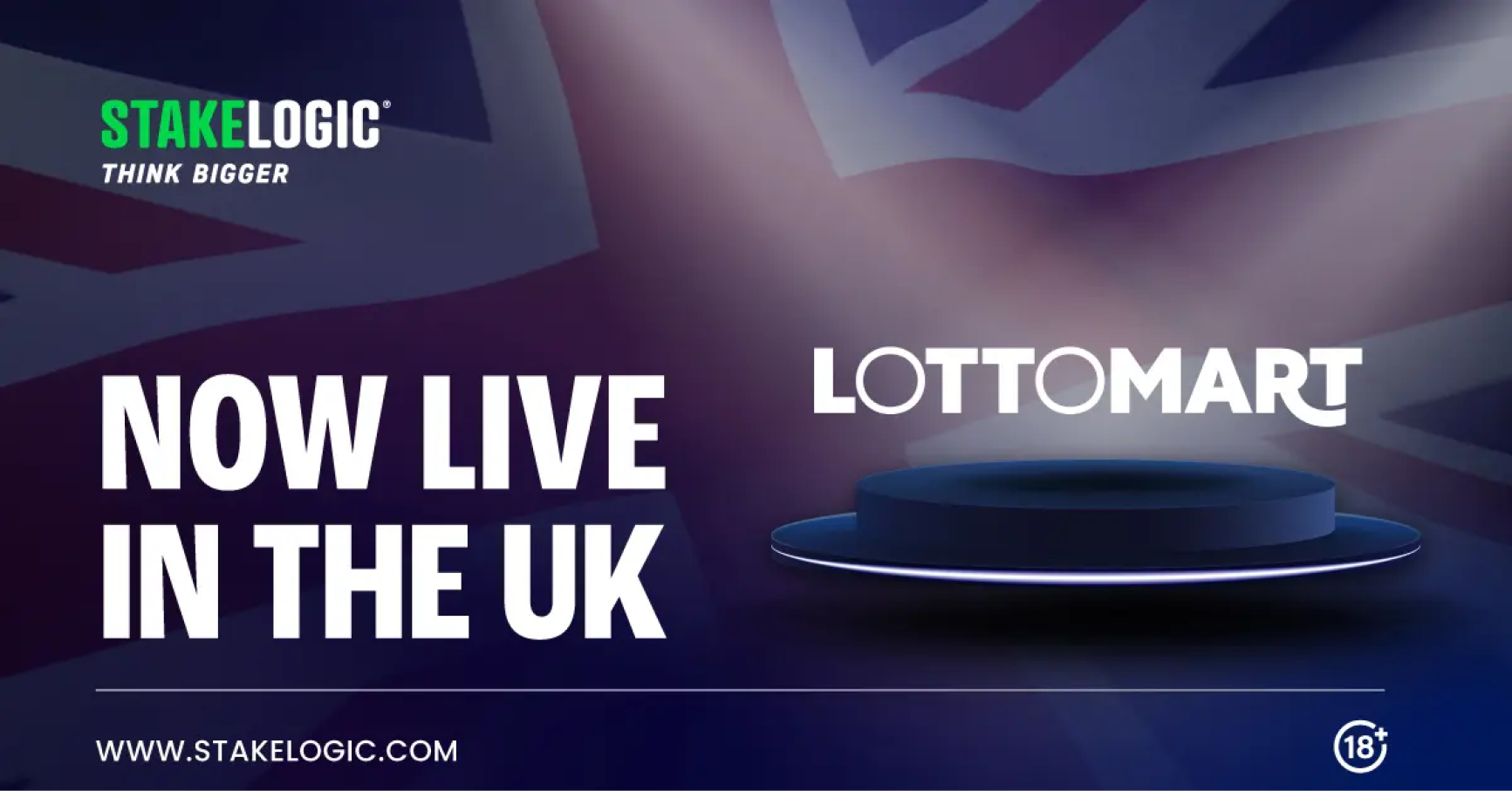Gambling
Winning in a crowded igaming market: How boutique white label solutions give new casinos a competitive edge

White-label casino suppliers provide operators with ready-made software that allows them to hit the ground running in the saturated igaming industry and enter new markets quickly and efficiently. Phil Pearson, chief executive officer at bespoke supplier White Label Casinos, says that not all platforms are the same, and the right white-label solution can be key to operators’ success in this crowded marketplace.
Using a white-label casino solution can prove to be the most streamlined approach when launching in the igaming industry, which is estimated to generate $160.4 billion in gross wins in 2024, growing to $263.5 billion in 2029. The key selling point for new operators is that casinos represent the fastest-growing segment, with an annual growth rate of 11.8%, fuelled by long-established companies and new entrants.
Similar to new operators that are drawn by the huge potential of the igaming market, there’s been a huge increase in white-label solution providers to answer the demand for growth. But while some solutions provide economies of scale, others focus on tailoring solutions to customers’ needs. So, which can provide operators with a competitive edge?
Flexibility of services
“Most companies offer a predefined package of services—games, payments, front end, and so on—which can be long and convoluted, to say the least,” Pearson says. “But I can say that we offer bespoke and flexible products and services, which means we adapt—and we adapt fast—to the market.”
Pearson believes that every casino operator has a unique set of requirements and outlines the importance of flexible solutions. “If one client wants instant payments and another prefers a 24-hour holding period, we tailor our approach to meet each client’s needs. Adaptation is the key to delivering a successful white-label casino because each client is different.”
Addressing operator challenges
While white-label casinos offer many advantages, operators face significant challenges that are hard to address while using a shared platform that offers limited customisation and high dependencies on the platform provider.
Pearson explains how his company works with operators to overcome these challenges: “We believe in a bespoke, tried-and-tested approach. Using our modular white-label system, we can meet any request a client might have by finding the right solution.”
He also points out the importance of establishing a solid, lasting working relationship between an operator and platform provider. “The key is ensuring the client is a good fit. Our clients range from startup founders to industry veterans, but we thrive on great ideas and collaborate to make them a reality.”
Combating fraud
Igaming operators face significant fraud challenges ranging across security and data breaches, identity theft, use of false identities, underage gambling and bypassing geolocation restrictions. In addition to exposing the operator to compliance and legal risk, fraud like chargebacks and bonus abuse subject online casinos to significant losses.
“Having over a decade of experience in this area has well and truly opened our eyes to every possible challenge. Flexibility and security are two of the major challenges for operators launching an online casino,” says Pearson.
“For example, in the industry, you hear of casinos incurring losses almost immediately after launch due to poorly negotiated CPA [Cost Per Acquisition] deals or targeting players from markets known for player abuse, such as exploiting generous sign-up offers. These are things we advise our clients on during the process.”
Managing bonus costs
Online casinos mostly rely on the same pool of content from major software providers, especially operators that use a shared, white-label solution. Therefore, operators must turn to other means, such as bonuses and promotions, to differentiate themselves and attract players. However, balancing attractive offers with profitability presents a significant challenge.
“Another major challenge is managing bonus costs. While high bonuses can attract players, they can also hurt a casino’s profitability. On the other hand, offering too little limits growth opportunities. It’s a really fine line. And this is where we can help.”
Pearson outlines his company’s expertise and focus on supporting operators in this area: “A white-label solution like ours helps clients strike the right balance, focusing on player fairness while maintaining business growth and profitability.”
Maintaining a positive bottom line
Managing bonus costs isn’t the only battle casino operators face but also maintaining a positive revenue stream. Even once an operator manages to attract players and generate revenues, cutting costs to achieve a positive Net Gaming Revenue (NGR) is a constant struggle.
Alongside licensing and compliance fees, high acquisition and retention costs, and payment processing fees, igaming operators face charges for the use of technology platforms and game content. While many service providers charge a fee from gross revenues, White Label Casinos does things differently.
“Charging clients with Net Gross Gaming (NGR), not Gross Gaming Revenue (GGR), is a strategic one for both us and our clients. It’s something we do differently to other white-label competitors because we believe this is the fairer option.” explains Pearson.
“Once a client calculates the strong and weak points in their performance, this ensures they have the relevant cost back, and we have the relevant fee for our services based on that performance.”
Taking feedback on board
By their nature, white-label solutions must cater to the unique needs of many different operators with varying checklists. Balancing scalability, usability and cost-effectiveness while adhering to ever-changing client needs is a challenge faced by every technology service provider, and igaming white-label companies are no different.
Operator feedback is crucial for improving a white-label solution as it highlights pain points such as technical shortcomings, bugs and usability issues. But beyond highlighting issues that need fixing, client feedback also brings attention to new features and market-specific needs such as preferred games, payment methods and local regulatory requirements.
Pearson says that continuous feedback is especially important. “Without knowing where we go wrong, we can’t improve. We ask all our clients for feedback in a CSAT [Customer Satisfaction] score, along with other questions and comments, every 6 months. We do the same for our player-facing teams in RFP and customer service.”
Unique casinos delivered simply
White Label Casinos was founded with the mission of ‘kicking complicated to the curb by simplifying the process of starting a casino.’ The Malta-based company has built a reputation for creating one-of-a-kind casinos for its customers. This strategy seems to be working, as the company employs over 160 igaming professionals and powers more than 42 brands with a vast portfolio of over 7,500 games.
Building lasting igaming relationships
Peason attributes a large part of the company’s success to its relationships with operators. “Swing by our stand at any event, and you can see just how strong those relationships are,” he says.
Beyond the pride it takes in fostering relationships with its clients, the company’s ethos is to put the customer at the heart of everything it does, tailoring its solutions to suit the individual needs of clients, and delivering these at maximum speed, cost-effectiveness and simplicity.
“Simply put, clients are the reason we exist,” summarises Pearson. “Without them, we wouldn’t have a business. Without us, they would just be somewhere else running their brands. So, logically, we need to jump through some hoops where we can offer a service that’s both practical for all parties and credible for players.”
White Label Casinos’ growth strategy seems to pay off. The investment in a diverse range of operators, while catering to the unique needs of each, proves itself.
“Some of our largest clients started with small setups. But combining their skills with our expertise, they’ve grown into powerhouses,” says Pearson.










